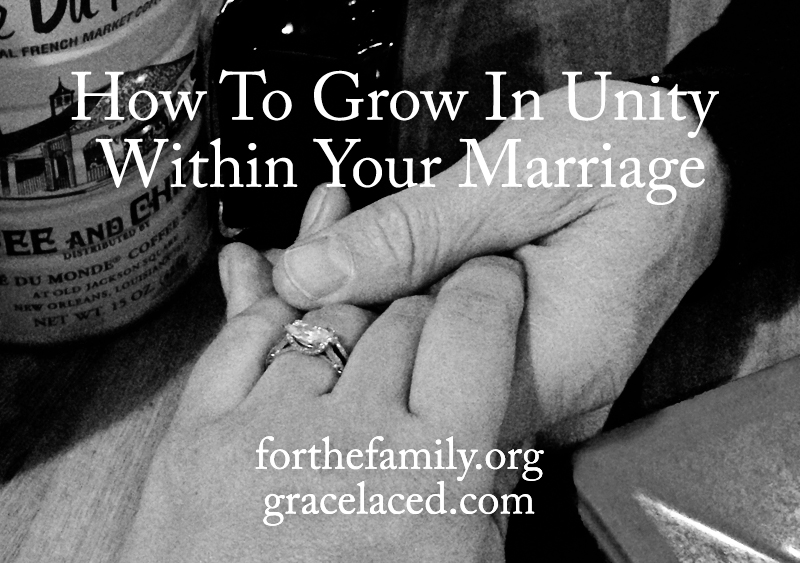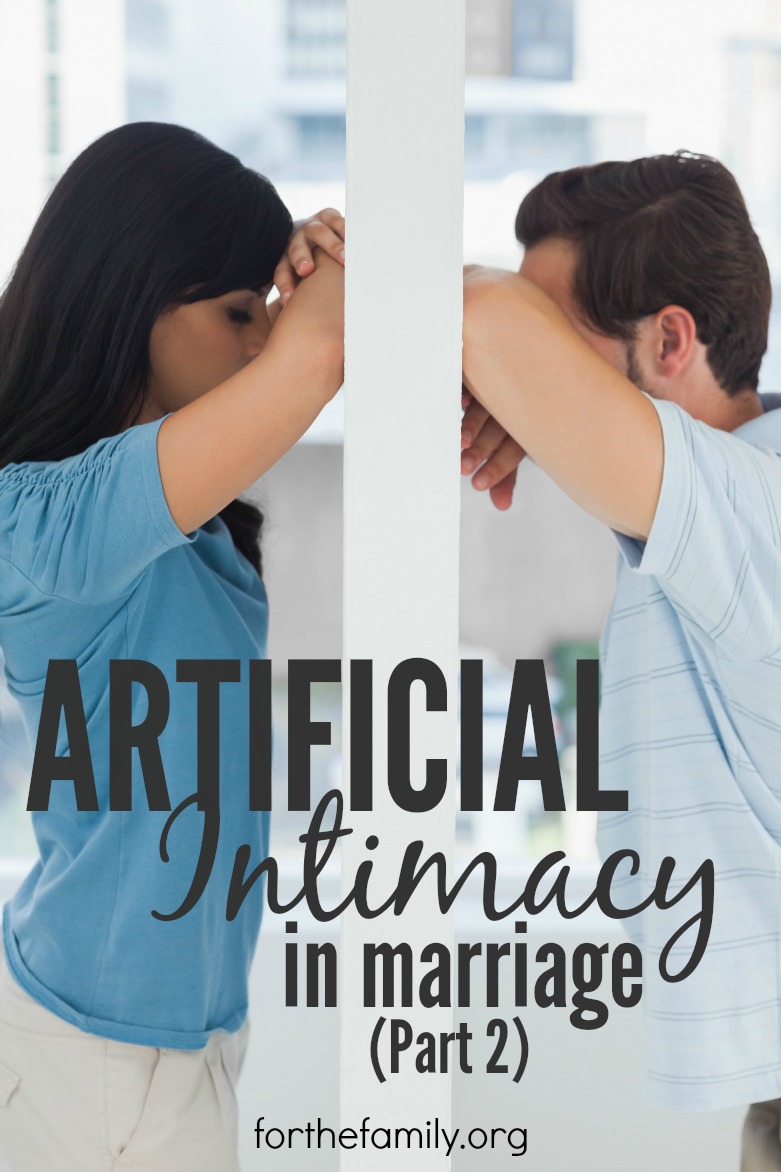Learning From the Hard Times (in marriage)
 What if marriage is supposed to be hard so that we are all but forced to learn to rely on God’s Holy Spirit?
What if marriage is supposed to be hard so that we are all but forced to learn to rely on God’s Holy Spirit?
What if God is more concerned about our “practical atheism”—saying we believe in Him but rarely relying on Him—than He is about how easy our marriage might be at any given moment?
One of the things I love about marriage is that it can lead us to places where we will be all but forced to rely on God like we never have before.
My friend Rett gulped deeply when the doctor told him that his wife Kristy had to have a particular operation that could keep her in bed for several days and require special care for a few weeks after that.
Rett is a cognitive man, a brilliant lawyer, but he tends to live in his head with concepts and arguments and a quick wit. He makes a good living and can hire people to do what he doesn’t want to do. He’s not used to playing the role of a nurse, which is what he knew he would have to be doing for his wife.
On the way home from the doctor’s office, Rett blurted out, “I don’t know if I can do this!”
“What do you mean?” Kristy asked. “I’m the one getting the operation!”
“I mean, I don’t know if I can be that low maintenance. I’m high maintenance. Tank (their dog) is high maintenance. The only reason our marriage works is because you’re low maintenance and you hold everything together.”
Marriage is a long journey—long enough so that eventually even the lower maintenance spouse is going to be at least temporarily high maintenance. While many might see this a curse to bear, this really can be seen as a gift if the normally higher maintenance spouse views such seasons as opportunities to step up and switch seats, becoming the primary caregiver.
In case you’re wondering, Kristy gave Rett a glowing report about stepping up, though she admitted he was rather relieved when one of her relatives finally flew into town and took over.
Here’s the key: marriage presented Rett with a situation he would never have chosen on his own. Rett didn’t choose marriage to learn how to become a nurse—part of his attraction to Kristy was the fact that she was so low maintenance—but that’s what he had to do now that he was a husband. Marriage called him to step up outside of himself, depend on Christ, and in the process become more like Christ.
Rett followed and appreciated Christ the teacher, but Jesus wasn’t just a teacher. Christ touched the lepers, healed a woman who had been bleeding for years, and regularly made time out of His schedule to attend to the physical needs of those He loved. To put it in language Rett can now understand: Christ on earth wasn’t just cognitive; He was also caring. For Rett to become like Christ, he had to grow in the same area. He’s got the cognitive down—you’re not going to trick him with false doctrine—but can he learn to care?
What is marriage calling you to today that you don’t feel capable of doing on your own?
Instead of saying, “This is just too hard” or “This just isn’t my gifting or calling,” or “that’s not why I got married,” why not invite God to transform you into a different kind of person? Be bold; hold God to His word: “Lord, You promise to give the weary strength. I am bone weary. You promise to give power to one who lacks it. I feel powerless. You promise to give the ignorant wisdom. I am clueless about what to do.”
Instead of running from the difficulties of marriage, let’s allow them to teach us the glory of spiritual dependence on God.
You just might find a little spiritual gold on the other side of those challenges.
Blessings,
Gary Thomas, GaryThomas.com
This blog post was adapted from Gary’s latest book, A Lifelong Love: How to Have Lasting Intimacy, Friendship, and Purpose in Your Marriage







Interesting observations. We often forget that the day will come when we will each enter a state of consummate vulnerability to God, even more so than we can imagine of our marriages. Marriage does indeed lead us into a state of vulnerability to God most of us may never know otherwise until we pass from this earth. We often believe that the event of our entry into Heaven will be like falling off of a log rather than a continuation of the surrender of personal and sustained vulnerability to God we have cultivated with Him in each moment of our daily lives here on earth. If you have ever considered the likelihood of possession by evil spirits described in scripture, have you ever also considered the possibility of your sustained possession by God? And why not? Does He not desire each of us that much, even more than we can imagine? In the end we will part with everything we hold to be of value except for our naked selves and the communion which we allowed to become established between us and God. How few of us plead with God when we wake in the morning that we may be found pleasing ONLY to Him at each moment at whatever the cost, even and especially of our interest, our families, and even our lives. Again, why not? Our lives after all, for each one of us will ultimately be the minimum cost of our entry into Heaven will it not? The maximum has already been paid for us by our Savior. And yet we fend off even the thought of the end of our lives and its consummate vulnerability with every ounce of our strength. For many, it is as if our final compulsory surrender to God was His administration of poison to us rather than our final entry into that most perfect embrace of the very same vulnerability to our Savior and our Creator in which we were participants at every opportunity and at every moment of our lives. Only at that moment will we know the extent to which it was our sustained and consummate vulnerability to Him in our death to ourselves here on earth that enabled our eternal communion with Him in Heaven. If we are sustained in the embrace of personal vulnerability to our Father, our Savior, and the Holy Spirit in this life, our entry into Heaven will also be assured to us in this life, with that entry being a glorious continuation of our sustained immersion in the adoration and worship of God in which we have freely partaken because of our refusal to deny Him anything of ourselves.